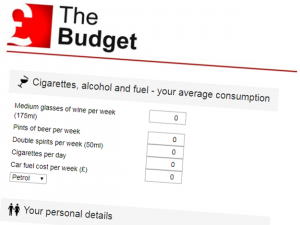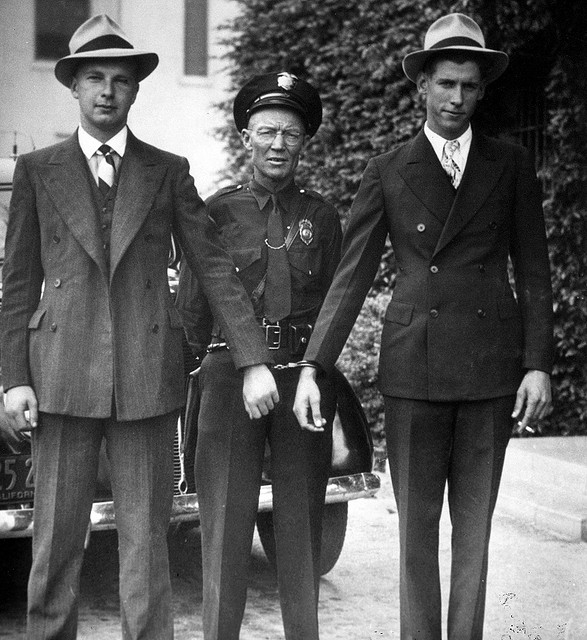
The BBC News Budget 2017 calculator
The day after last week’s budget, I logged onto the BBC News website and clicked on their budget calculator to find out if I was a winner or a loser. The questions are pretty simple: first off, it asks how much you drink, smoke and drive, and then it asks how much you earn, plus a few bits and bobs to cover technicalities. Then, it spits out an answer: did Phil leave you feeling flush, was it more of a hammering at the hands of Hammond? I came away £8 a month better off…and significantly angrier than I expected.

